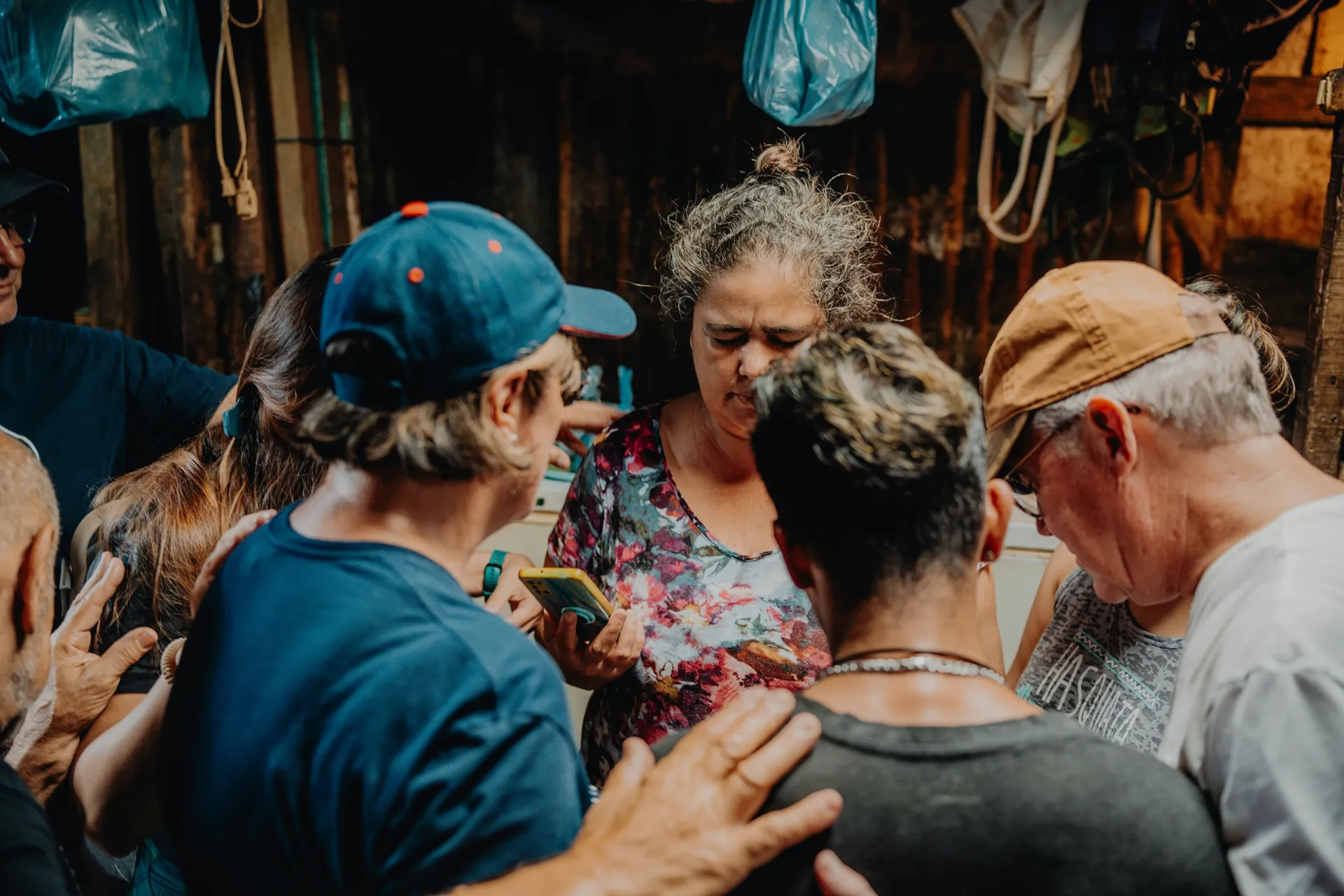The Samburu people live in north-central Kenya. A semi-nomadic tribe, they are primarily herdsmen who keep cattle, sheep, goats, camels, and donkeys.
The Samburu have traditional customs and live in mud and dung huts. Two to five families typically form a small settlement. Arid conditions and the sparseness of food and water for their animals keep settlements widely separated.
Their religious practices seem Old Testament in nature. These consist of prayer, circumcision, and sacrificing animals to N’kai, their name for God. In some areas, they even have an annual sacrifice to commemorate when God called Abraham to sacrifice Isaac and then provided a substitute.
Their Old Testament practices stem from their belief they accompanied the Hebrew people to Mt. Sinai when they left Egypt. Since the Samburu are considered to be a “Nilotic” people, or people who came from the area of the Nile River, this is a distinct possibility. They know some about God, but have no knowledge of Jesus.
In spite of the religious rituals the Samburu practice, they often rely upon Laibon (witchdoctors) to ward off evil spirits, heal sickness, and curse enemies. They also have a tendency to worship the gods of the mountains and rivers when times are tough.
The Samburu do not currently have a written language or a Bible in their language. Progress is being made in this area, but it will be many years before they have an entire Bible or will be able to read. Therefore, it is necessary to minister the gospel to them using oral Bible storying methods.
